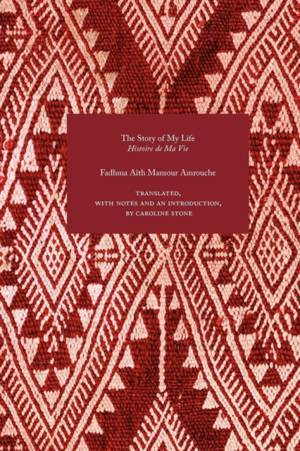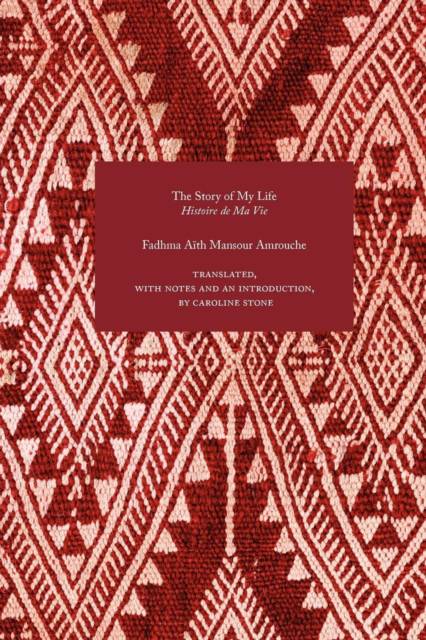
- Retrait gratuit dans votre magasin Club
- 7.000.000 titres dans notre catalogue
- Payer en toute sécurité
- Toujours un magasin près de chez vous
- Retrait gratuit dans votre magasin Club
- 7.000.0000 titres dans notre catalogue
- Payer en toute sécurité
- Toujours un magasin près de chez vous
Description
This moving autobiography of a Berber woman from the village of Tizi-Hibel in the Kabilie Mountains of Algeria is unique on a number of levels. Illegitimate, Fadhma Amrouche would have been killed with her mother to preserve the honour of the family, but for the intervention of the French authorities. Because of this, she received an education and eventually married a Christian convert, although they remained closely linked to their families of origin. Her account of battling poverty, illness and exile is a gripping story. Fadhma's fight for an education in a world of almost universal female illiteracy was nothing short of heroic. She and her children moved from the harsh, fixed hierarchies of a traditional Berber village with archaic means of production to become cosmopolitan Parisians. The journey was filled with heartbreak, and Fadhma never overcame her nostalgia for what she had lost, but never doubted that the journey had to be made. Her unassuming narrative throws an unforgettable light on Berber life, women's position in traditional societies and the tensions between governed and governors in the colonial world.
Spécifications
Parties prenantes
- Auteur(s) :
- Traducteur(s):
- Editeur:
Contenu
- Nombre de pages :
- 256
- Langue:
- Anglais
- Collection :
Caractéristiques
- EAN:
- 9781843822165
- Date de parution :
- 30-09-09
- Format:
- Livre broché
- Format numérique:
- Trade paperback (VS)
- Dimensions :
- 152 mm x 229 mm
- Poids :
- 381 g

Les avis
Nous publions uniquement les avis qui respectent les conditions requises. Consultez nos conditions pour les avis.






